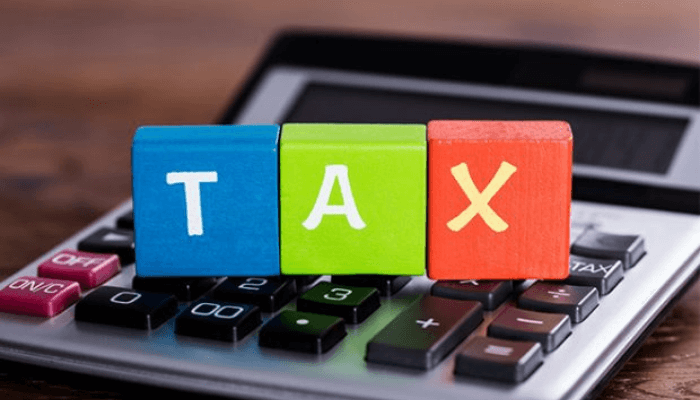Nigeria’s plan to make Tax Identification Numbers (TINs) mandatory for all taxable persons by January 2026 is being touted as a major step toward modernising its fiscal system. Officials argue that the reform will help widen a chronically narrow tax base, reduce dependence on oil revenue, and bring millions of informal workers into the formal economy.
Yet the push risks creating new barriers to financial inclusion in a country where more than a third of adults remain unbanked and where digital ID systems are still beset by duplication, bottlenecks, and limited coverage. Experts warn that unless the rollout is carefully managed, a policy meant to expand the tax net could end up excluding the very groups it seeks to integrate.
A fiscal ambition with high stakes
Nigeria’s tax-to-GDP ratio, at 13.5 percent at the end of 2024, up from 10.9 percent in 2021, is still among the lowest in Africa and well below the 34 percent average for OECD countries. Successive administrations have promised to expand the tax base as part of efforts to reduce reliance on oil revenues, which account for the bulk of government income despite their volatility.
The Federal Inland Revenue Service (FIRS), backed by the finance ministry and the central bank, has said that from 2026 all taxable persons will be required to obtain a Tax ID. In practice, this could mean presenting a TIN when opening a bank account, applying for loans, registering property, or conducting other financial transactions.
The risk of exclusion
But Nigeria’s financial system remains fragile. According to Enhancing Financial Innovation and Access (EFInA), only about 64 percent of adults currently use formal financial services, leaving approximately 30 million people outside the banking system. For the poorest households, the identity gap is evident: just 47 percent of adults in the lowest income quintile have a National Identification Number (NIN), compared to 76 percent in the wealthiest quintile.
“If the government links tax IDs to banking services without first ensuring universal coverage, you could see people pushed out of the system rather than brought in,” said a Lagos-based financial inclusion expert. “That would be the opposite of what policymakers want.”
A small trader in Lagos, Mama Bola put it more simply: “I have a bank account, but I don’t even have an NIN yet. If they block me because of tax, what happens to my savings?”
Integration challenges
The government has sought to align multiple identity platforms, the Bank Verification Number (BVN), the NIN, and the Corporate Affairs Commission (CAC) database. But overlapping systems and patchy records have slowed progress. Millions still lack NINs despite years of registration drives, and those who have them often complain of errors and delays.
For businesses, especially fintechs and banks, mandatory Tax IDs could mean higher onboarding costs and slower customer acquisition. For the unbanked, it could mean additional hurdles in accessing basic savings and credit products.
Balancing inclusion and compliance
Nigeria has set a target of 95 percent financial inclusion by 2024, but progress has been uneven, with just about 74 percent achieved in 2023. Analysts note that layering compulsory tax registration on top of weak identity infrastructure risks derailing this goal.
“The government’s fiscal ambition is understandable,” said an Abuja-based economist. “But reforms that appear coercive, or that make it harder for ordinary people to transact, risk undermining trust in the financial system.”
Opportunities and risks in perspective
Akinbobola Christopher, a Lagos-based business and tax consultant, told BusinessDay that compulsory TINs could “formalise millions of small businesses, improve tax planning and even strengthen access to credit by creating verifiable income histories.” He added that the policy “has the potential to accelerate digital transactions and give the government better data for evidence-based policymaking.”
But he warned of unintended consequences: “Without simplified registration and rural outreach, the process could exclude millions, push more activity into the cash economy, and burden MSMEs with compliance costs.”
His recommendations include deploying mobile registration units to underserved areas, integrating TINs with existing IDs to avoid duplication, and offering compliance incentives such as tax rebates for small businesses that adopt digital payments.
Investor implications
For investors, the Tax ID reform will be a litmus test of Nigeria’s ability to implement complex policy changes in a way that strengthens, rather than weakens, economic governance. If successful, it could improve transparency, broaden the tax base, and signal a more predictable business environment. If mishandled, it could increase compliance bottlenecks, discourage investment, and deepen exclusion.
As the 2026 deadline approaches, the challenge for Nigeria is clear: to build a tax system that raises revenue without shutting people out of the financial system. The outcome will determine not only the government’s fiscal resilience but also the credibility of its broader economic reform agenda.









